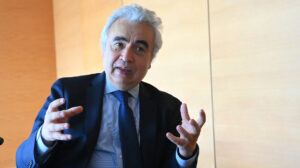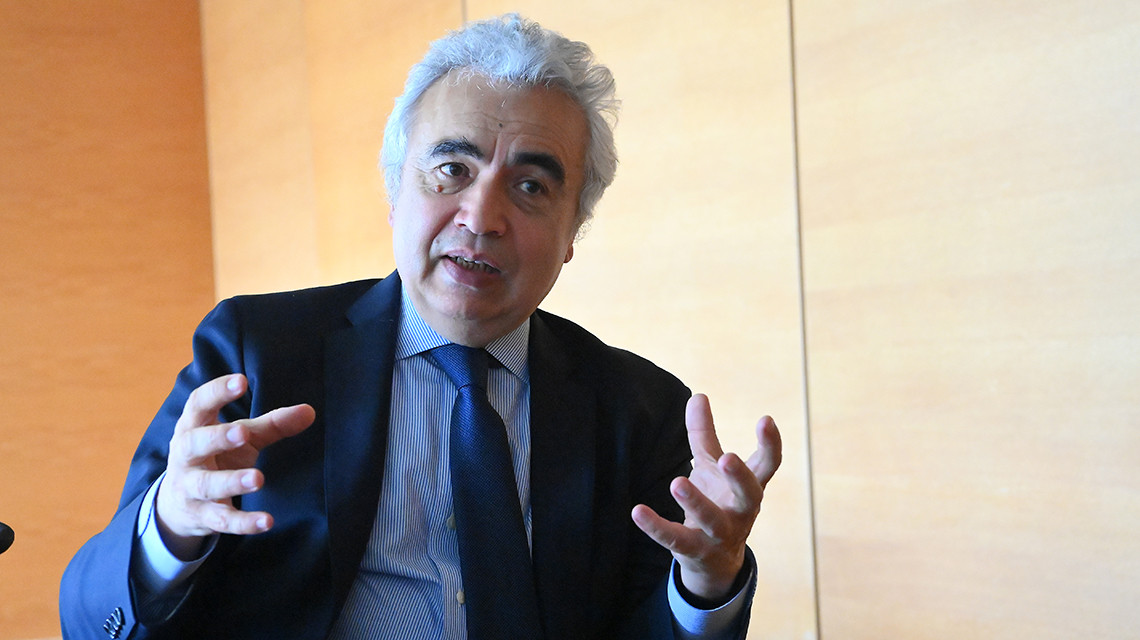Despite an increase in consumer products designed with environmental, social and governance (ESG) factors in mind, there are still few options available to the average retail investor who wants exposure to responsible investments.
The global population is becoming increasingly aware of the rising threat of runaway climate change, resource depletion and pollution growth on our planet. This has led to an escalation in general consumer demand for more sustainable practices and products from companies, with both global and South African companies responding with more sustainably designed products, including investment funds. Despite an increase in consumer products designed with environmental, social and governance (ESG) factors in mind, there are still few options available to the average retail investor who wants exposure to responsible investments.
This is according to Elize Botha, Managing Director of Old Mutual Unit Trusts, who recently announced the launch of South Africa’s first ESG Index unit trusts, the Old Mutual MSCI World ESG Index Feeder Fund and Old Mutual MSCI Emerging Markets ESG Index Feeder Fund. “Investors are not only looking for more affordable ways to invest, through index or passive investing, but are now questioning how sustainable their investments are. At Old Mutual we have made a public commitment to integrate Responsible Investment (RI) practises across our investment strategies.” explains Botha.
She adds that even though high net worth individuals and women have adopted this kind of thinking, it is even more prevalent among Millennials – the generation between the ages of 18 and 34. “Millennials have been labelled the ‘purpose-led’ generation as they are more interested in working for, buying from, and investing in companies that share their values than older generations,” she explains. “Research from the Morgan Stanley Institute for Sustainable Investing revealed in 2017 that Millennial investors are twice as likely as the overall investor population to invest in companies targeting social or environmental goals.”
The launch of Old Mutual’s new ESG Index funds follows the introduction in 2016 of SA’s first MSCI equity ESG index fund, the Old Mutual Responsible Investment Equity Index Fund, which is aimed at institutional investors. This was followed in July by the Old Mutual Wealth Tailored Fund Portfolio Global Range with ESG overlays, which is accessed through financial advisers. The latest unit trust funds position Old Mutual as a leading SA investment manager in the provision of ESG investment options to all clients across the investment spectrum (Institutional, Retail, and Direct).
“Investing in companies committed to ESG practices shows specific measurable characteristics, such as lower cost of capital, better resource efficiency, stronger innovation, lower staff turnover, stronger social licence to operate and better access to markets – all attributes that can, and do, influence competitive advantage and long-term performance,” explains Botha.
However, there is a perception among investors that ESG investments offer inferior performance. Jon Duncan, Head of Responsible Investment at Old Mutual Investment Group, says that this is a myth. “Although we cannot guarantee future performance, ESG investments have repeatedly demonstrated that capital employed sustainably can not only meet, but often outperform investors’ return expectation,” he says. “ESG index funds are designed to offer returns in line with market performance, while offering clients exposure to be companies that are measurably better for the planet.”
Recent corporate scandals such as Steinhoff, VW and BP, have also made investors more conscious of investing in companies with good governance practises. However, the general perception is that index investors cannot apply responsible investment principles to their portfolio holdings, which includes assessment of governance practices within companies. Duncan points out that, on the contrary, index investors have even more incentive to ensure that the stocks they hold continue to offer sustainable returns given that an index fund does not have the option of selling out of a stock.
“Historically, traditional indices had limited scope to incorporate ESG factors, which resulted in exposure to companies with controversies or poor ESG ratings, such as the recent case of Steinhoff. However, innovation in the indexation investing space in recent years has broadened the capabilities of index-tracking investment managers in this respect,” he says. “The global market is now experiencing an increase in low cost indices that offer ESG-led mandates and champion responsible investment.”
Duncan adds that index fund managers, who are generally assumed to be passive investors, are mandatory holders of assets over time and are therefore incentivised to identify the weak players in their portfolios and work with them to improve their ESG score. “As such, engaging in active proxy voting is a valuable means of influencing the business practice of companies within a tracker portfolio. Index managers who don’t do this are not serving the best interests of their clients,” he explains.
“The application of ESG principles is important in assessing the long-term sustainability of companies in which to invest. Through this approach, we can offer a fully responsible investment option which seeks to avoid companies that may have long-term hidden ESG costs,” Duncan adds.












